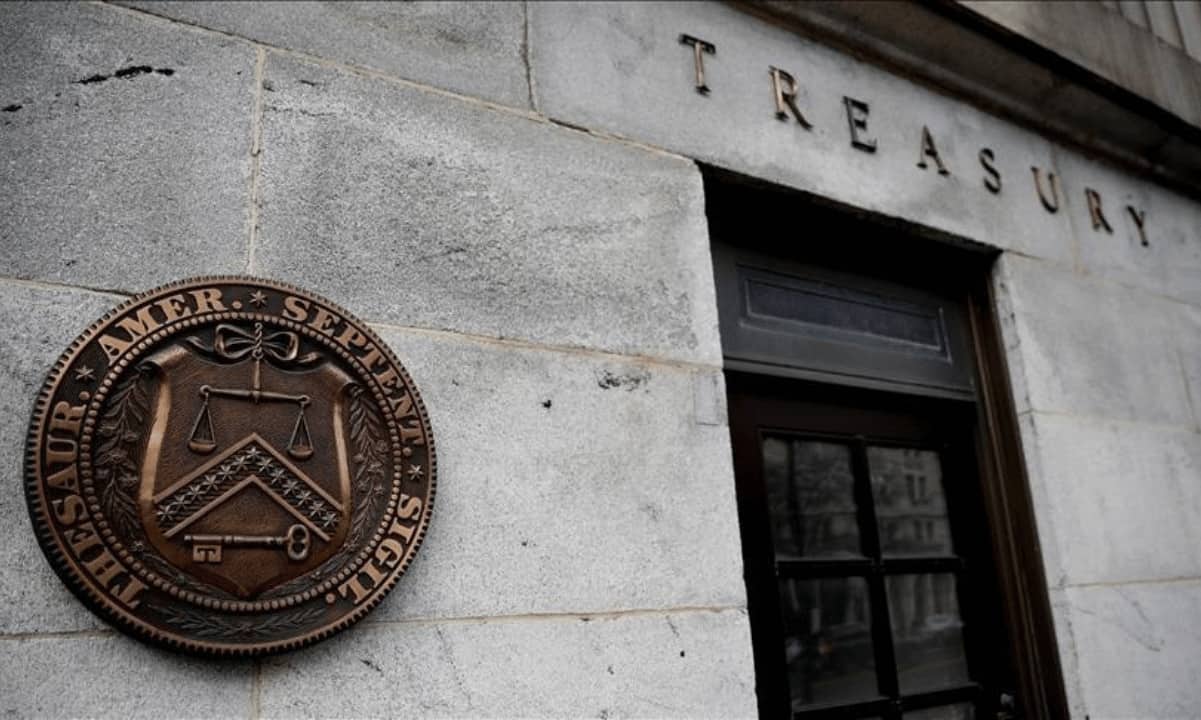

The U.S. Department of the Treasury has long taken a negative view of crypto mixing services, which it names CVCs (Convertible Virtual Currency Mixing Services).
Although there are perfectly legitimate uses of such services – primarily by privacy-focused customers who are simply willing to pay a fee in order to reduce the possibility of being tracked by blockchain analysis tools – it is also true that cybercriminals use them at an alarming rate.
The most well-known of these mixers is Tornado Cash, whose founders are facing charges in a Manhattan court that could lead to a 20-year prison sentence.
Primary Concern to U.S. Authorities
However, the U.S. Treasury’s Financial Crimes Enforcement Network (FinCEN) has now taken aim at crypto mixers as an entire class, seeking to outlaw them entirely.
According to a Notice of Proposed Rule Making (NPRM) submitted by FinCEN today, CVCs should be designated as a class of transactions of primary money laundering concern, building on their findings in cases such as the Bitzlato exchange takedown and the Axie Infinity Heist.
First Use of Patriot Act Against an Entire Class of Transactions
Andrea Gacki, FinCENs’ director, stated that the proposed NPRM aimed at crypto mixers would be the first use of Section 311 Authority against an entire class of transactions. Up until now, Section 311 had only been used against individual companies, banks, or countries, such as a private Andorran Bank, Bitzlato, Iran, and North Korea.
“CVC mixing offers a critical service that allows players in the ransomware ecosystem, rogue state actors, and other criminals to fund their unlawful activities and obfuscate the flow of ill-gotten gains. This is FinCEN’s first ever use of the Section 311 authority to target a class of transactions of primary money laundering concern, and, just as with our efforts in the traditional financial system, Treasury will work to identify and root out the illicit use and abuse of the CVC ecosystem.”
Section 311 is a little-known part of the Patriot Act that gives the U.S. Department of Treasury the power to remove banking privileges from certain types of accounts, foreign jurisdictions, institutions, or classes of transactions, should its analysts believe that they are a “primary money laundering concern.”
Once Section 311 is applied to any of these, the targeted entity is essentially cut off from the global banking system, significantly hindering its ability to survive financially.
Binance Free $100 (Exclusive): Use this link to register and receive $100 free and 10% off fees on Binance Futures first month (terms).
PrimeXBT Special Offer: Use this link to register & enter CRYPTOPOTATO50 code to receive up to $7,000 on your deposits.
The post appeared first on CryptoPotato






